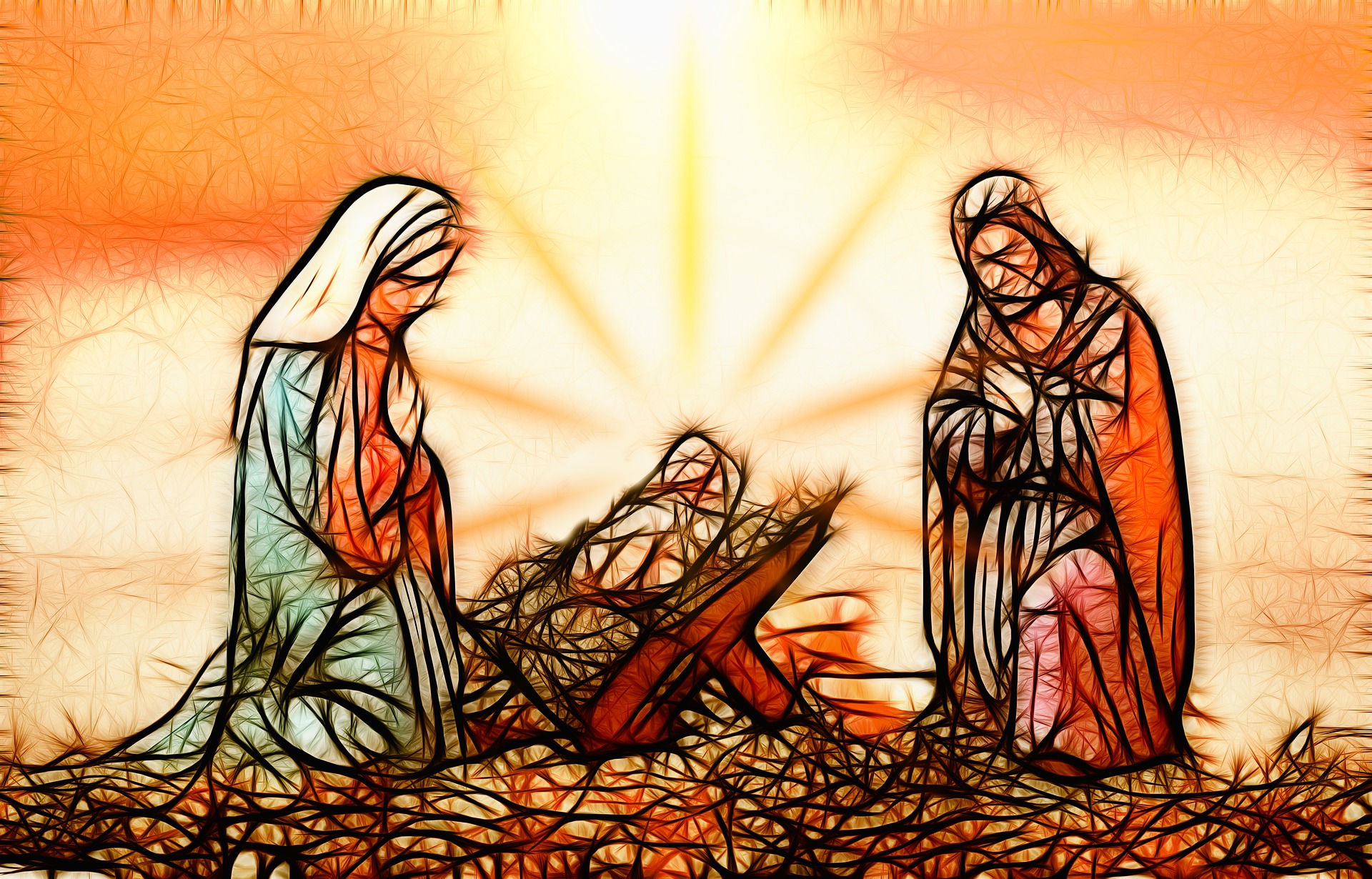We are regularly reminded that the earth is in a dangerous state. The impact of waste, pollution, climate change and unsustainable living threaten to transform this planet. What should a Christian do? And does the Bible provide any kind of guidance on this issue? Will the earth be destroyed or will it survive?
We finish our conversation discussing whether the text of the New Testament is reliable by diving into some examples of accidental copying mistakes as well as more deliberate changes that a scribe might make when copying texts.
Who is God addressing in Genesis 1:26 when he says "Let us make man in our image"? Is this evidence for the Trinity? Despite the verse often being used in this way, it doesn't take long to find some problems with this conclusion.
We kick off a new 3 part series on aspects of church history and start by exploring the Christian practice of baptism from the early church, through the Middle Ages and beyond. How and why does it change over time, and does it matter?
The meaning of life is the stuff of song lyrics. But it's also the big question of the book of Ecclesiastes in the Old Testament. At first reading the author of this book seems to be concluding that life is meaningless, but there's more than meets the eye, all of which leads (surprise!) to Jesus and his resurrection.
A recent survey puts a surprising number of American Christians outside orthodoxy in relation to the birth of Jesus and his supposed pre-existence. Is there a good explanation for this? Perhaps the straightforward narrative of scripture, and its teaching about the man Jesus Christ, is what sincere church-goers pick up on with good reason.
When Jesus said "I and the father are one", what was the context? Our discussions lead us to understand that the phrase shouldn't be a theological battleground but is part of an intensely profound and practical theme for the lives of believers in Jesus which weaves through all parts of the New Testament.
We talk about practical ways of getting to know Jesus even though we only have written accounts in the Gospels to work with. Just as we change when we know and love someone really well, knowing Jesus should change us too.
All sorts of terrifying images come to mind with the word hell! We build up a coherent picture that makes sense in the light of a moral God who has shown himself in the face of Jesus as full of grace and truth.




